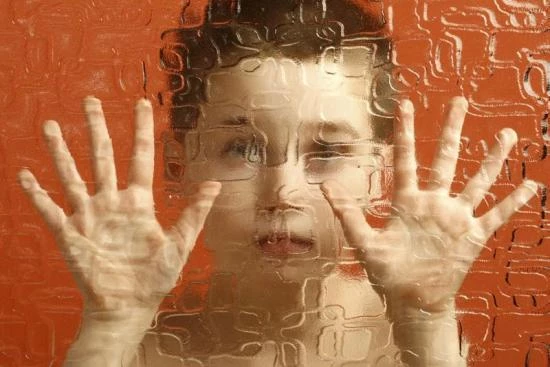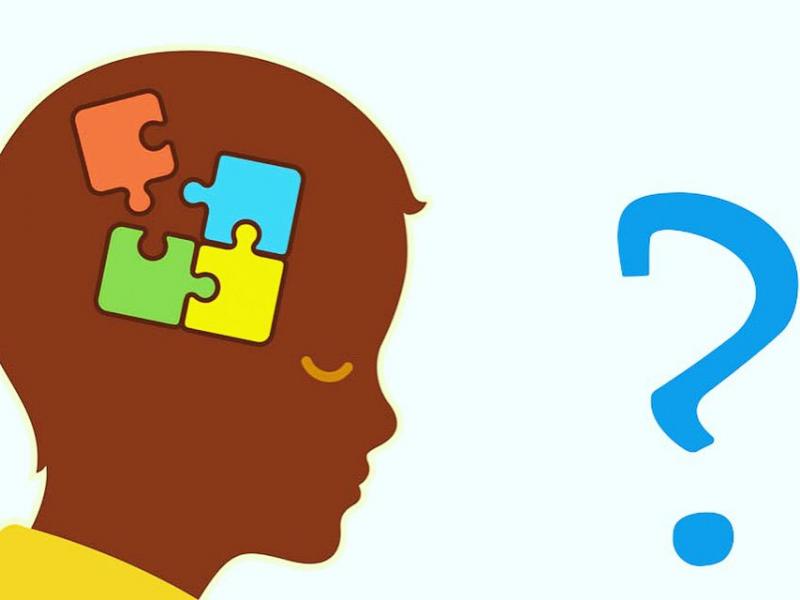Autism is one of the common disorders affecting the development of an individual's neurons. This disorder, caused by neurobiological dysfunctions, is also known as Autism Spectrum Disorder (ASD). It is characterized by abnormal behaviors towards one's environment and a remarkable alteration in various social interactions.
Best Clinics with Verified Reviews

- Multispecialized hospital
- 7 operating rooms
- Capacity é of 170 beds

- Multispecialized hospital
- Hospital founded in 2007
- Very good reputation in ENT department
How do you identify an autistic child?
Here are some signs and behaviors that characterize Autism and make it easier to detect:
- Communication difficulties: Children with autism may have difficulty making eye contact, responding to their names, or engaging in social interaction. They may also show delayed language acquisition, restricted or atypical use of language, repetition of words or phrases, and difficulty understanding conversations.
- Social deficits: People with autism may have difficulty establishing social relationships with their peers and understanding emotions and social cues. They may appear disinterested in social interaction, prefer to play alone, or have difficulty sharing their interests and toys with others.
- Repetitive and restricted behaviors: Children with autism may exhibit stereotyped behaviors, such as repetitive body movements, restricted and obsessive interests in certain objects or subjects, or rigid rituals and routines that disrupt their daily functioning.
- Sensory sensitivities: An autistic child may have hypersensitivity or hyposensitivity to sensory stimuli (loud noises, bright lights, specific tastes, etc.),which can cause agitation or anxiety.
- Delays or differences in motor development: Some children with autism may show delays in the development of motor skills, such as fine motor coordination or gross motor skills.
It's important to note that not every child showing these signs is autistic. Therefore, parents should consider consulting a specialist for a personalized assessment to find out the root causes of these behaviors. Psychologists or child psychiatrists are recommended for this purpose, to raise the family's awareness and provide the necessary follow-up to monitor the child's condition and the progress of any treatment given at our partner clinics and centers in Istanbul, Turkey.

The causes of autism spectrum disorders
The exact causes of ASD disorder are not fully understood. However, autism spectrum disorder is still considered to be a group of conditions affecting 1 in 100 children worldwide and manifested as a result of genetic mutations, neurological and environmental factors. It should be noted that these elements influence the prevalence of autism in different countries, with fewer cases in low-income ones.
Genetic factors
Research has demonstrated the strong involvement of mutations in the genes (genetic factors) responsible for neuronal function in autism. It has also demonstrated the co-morbidity of this neurodevelopmental disorder with certain genetic diseases, notably fragile X syndrome and Trisomy 21.
Environmental factors
Certain environmental factors can have an impact on the development of autism spectrum disorder, such as direct contact with pollutants like the pesticides used in agriculture. These contain neurotoxic molecules. These include organophosphates and pyrethroids. Exposure to metals such as cadmium, lead, and aluminum can also affect fetal brain development, especially during the first months of pregnancy.
The two latter factors can lead to many problems in the brain structure which can alter connectivity between synapses, then causing an autistic child. This is manifested by communication problems with others and the perception and sensory deciphering of information.
Pre- and perinatal factors
Certain pre- and perinatal conditions, such as complications during pregnancy, low birth weight, preterm birth, or maternal infections, have been associated with a slightly increased risk of developing ASD disorder. However, it is important to note that the majority of children born with these conditions do not develop autism.
Importantly, autism is not caused by factors such as vaccination or poor parenting, contrary to popular belief, which has been refuted by numerous rigorous scientific studies.

Autism (ASD) Treatment in Turkey: Best Therapeutic Options in Istanbul's Centers
Treatment for ASD disorder must be tailored to the individual needs of each person with autism. Committees made up of psychologists, psychiatrists, and speech therapists in Turkey draw up an individual treatment plan for each child, taking into account his behavioral and physiological complications, as well as his interests. Since the treatment of ASD disorder must involve several disciplines to provide effective management for the patient.
Psychological approaches
Consideration of the psychological side is very important during treatment, in order to develop the ability to exchange and manage emotions. The therapy followed will subsequently improve the child's cognitive and behavioral abilities by applying certain techniques conducted by specialists.
Speech Therapy
Among the major symptoms of autism spectrum disorder are difficulties with verbal and non-verbal communication. It is the role of the speech therapist to diagnose the problems, draw up the speech assessment, and then apply the appropriate intervention. The speech therapy process aims to study restricted interests (Asperger syndrome),resolve language disorders, and learn how to use language with individuals. This facilitates the child's integration into society and the school environment.
Psychomotor Activity
Psychomotor activity, performed in our partner centers in Turkey, is used to rehabilitate autism-related disorders. It involves the use of fine motor techniques and spatio-temporal organization games. The aim is to promote autonomy and perception in autistic children, to ensure their rehabilitation. This approach therefore focuses on supporting the treatment of neuromotor disorders and reveals any action required to reduce or even eliminate them.
Educational and pedagogical care
To prevent the onset of this behavioral disorder in children, specialists recommend a structured educational approach. Among other things, it fosters autonomy in autistic children by supporting them at every stage of their development. This approach can be applied using ABA therapy (Applied Behavior Analysis), which is based mainly on structured learning and incidental teaching through games and observation of behavioral reactions. The objective of this ABA therapy is to change the behavior of an autistic child at an early stage.
Share this page






